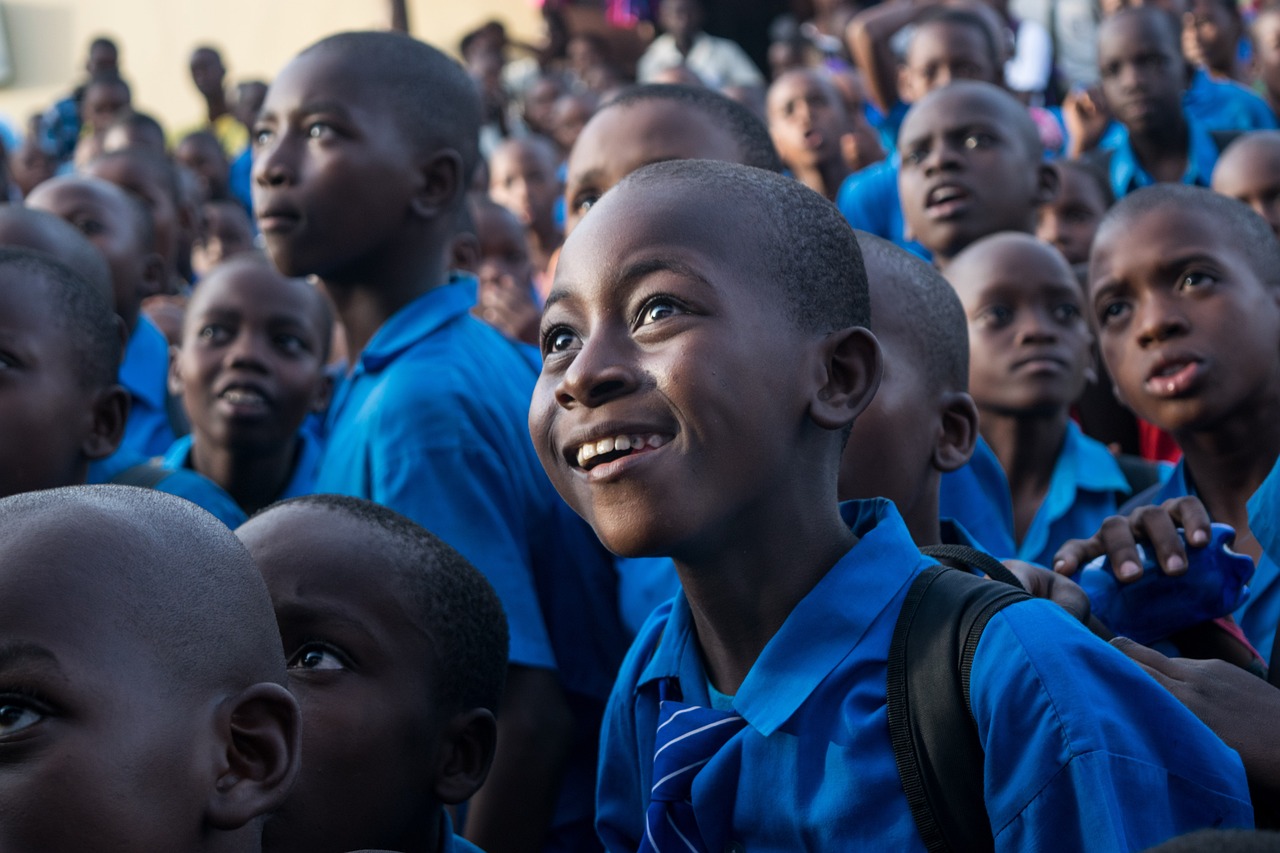
Strengthening birth registration to improve access to education
Through its collaboration with UNICEF Senegal, the Ministry of National Education and other key stakeholders, Child Identity Protection (CHIP) is currently working on a project to strengthen the civil registration system and improve the process of obtaining birth certificates for students who do not have them through the school system in Senegal.
Given the global importance of education and birth registration, this research is essential to determine the link between the lack of legal proof of identity and access to education. Such research is planned by UNICEF at a regional level in 22 West and Central African States.
As civil registration, enrolment and graduation requirements, and data management systems are unique to each country, it is proposed to initially identify 3-4 pilot countries. Senegal is one of the countries chosen because of the commitment and progress made by its Ministry of Education in this area. It has adopted a strategy for detecting and registering pupils without birth certificates by 2020, by setting up a dispositive. This dispositive describes all the stages from identifying students without birth certificates to obtaining their birth certificates via the education system, in collaboration with all the players involved.
The overall aim of the project is to learn from the Senegalese experience in order to improve it and facilitate its deployment on a national or even international scale. The project consists of action research on several levels:
– Understanding and analysing the process of implementing the 2020 dispositve;
– Analysing the level of application of the dispositive in schools and daaras;
– Identifying the difficulties encountered by stakeholders during the implementation phase;
– Identify the best practices developed in the various schools;
– Identify areas for improvement and support measures.
Based on desk research, a 10 day in country mission (December 2023) and presentation of the report (January 2024) to actors, a final report of the work in Senegal was prepared with partners, Ministry of Education, Senegal and UNICEF. This works seeks to strengthen even more the efficiency of the protocol, which is already quite effective. In 2023, more than 76,000 pupils from CI to CM2 were registered out of the 152,752 detected as having no birth certificate. This was made possible by the “Protocol for detecting and registering pupils without birth certificates” dating from 2020 and widely disseminated since November 2022.
Specifically, research was carried out in eight regions of Senegal (Dakar, Thiès, Kaolack, Kaffrine, Tambacounda, Ziguinchor, Sédhiou and Kolda) by three teams of national and international experts, involving 54 interviews based on semi-structured questionnaires with 138 stakeholders at both central and decentralised levels, including organisations and individuals targeted by the protocol in the selected regions. The research suggests the inclusion of two additional stages to ensure the success of the protocol. The research proposes potential solutions for integrating the remaining 70,000 pupils who have not yet been regularised, ensuring that they are not forgotten. In the future, this research will help to extend the implementation of the protocol by the various ministries in Senegal, particularly for children in daara schools, as well as for children who are not attending school, such as those in bridging classes or learning workshops. This extension will also include other regions of Senegal not yet covered by the protocol.
This report encourages us to consider this protocol as a driving force for a more just and responsible society, while recognising the challenges to be met to ensure its effective implementation. The support expressed in February 2024 by the United Nations Committee on the Rights of the Child for Senegal’s efforts, as set out in its Concluding Observations on the last periodic reports, reinforces this recommendation. We encourage other countries to consider implementing such a system to address the problem of non-registration of births outside the legal deadlines.
Child Identity Protection would like to express our sincere thanks to the many experts who contributed to this research and who gave up their time to take part in discussions that enriched this report. We are particularly grateful to Mr Sy Papa Demba, Coordinator of the National Civil Status Team within the Elementary Education Directorate of the Ministry of Education, Mr Aliou Ousmane Sall, Director General of the National Civil Status Agency of the Ministry of Territorial Communities, Planning and Development and Mr Ibra Samba Yoro Diop, Director of the Department of Civil Affairs and the Seal of the Ministry of Justice, as well as all their colleagues, for their hospitality, remarkable collaboration and cordiality during the interviews conducted remotely and during our mission to Senegal. We would also like to thank our colleagues at UNICEF Senegal, in particular Massamba Diouf, Cecilie Modvar, Nicolette Moodie, Sady Ndiaye, Yaka Demba and Aissatou Lo, for their indispensable support and invaluable help in facilitating this research.





